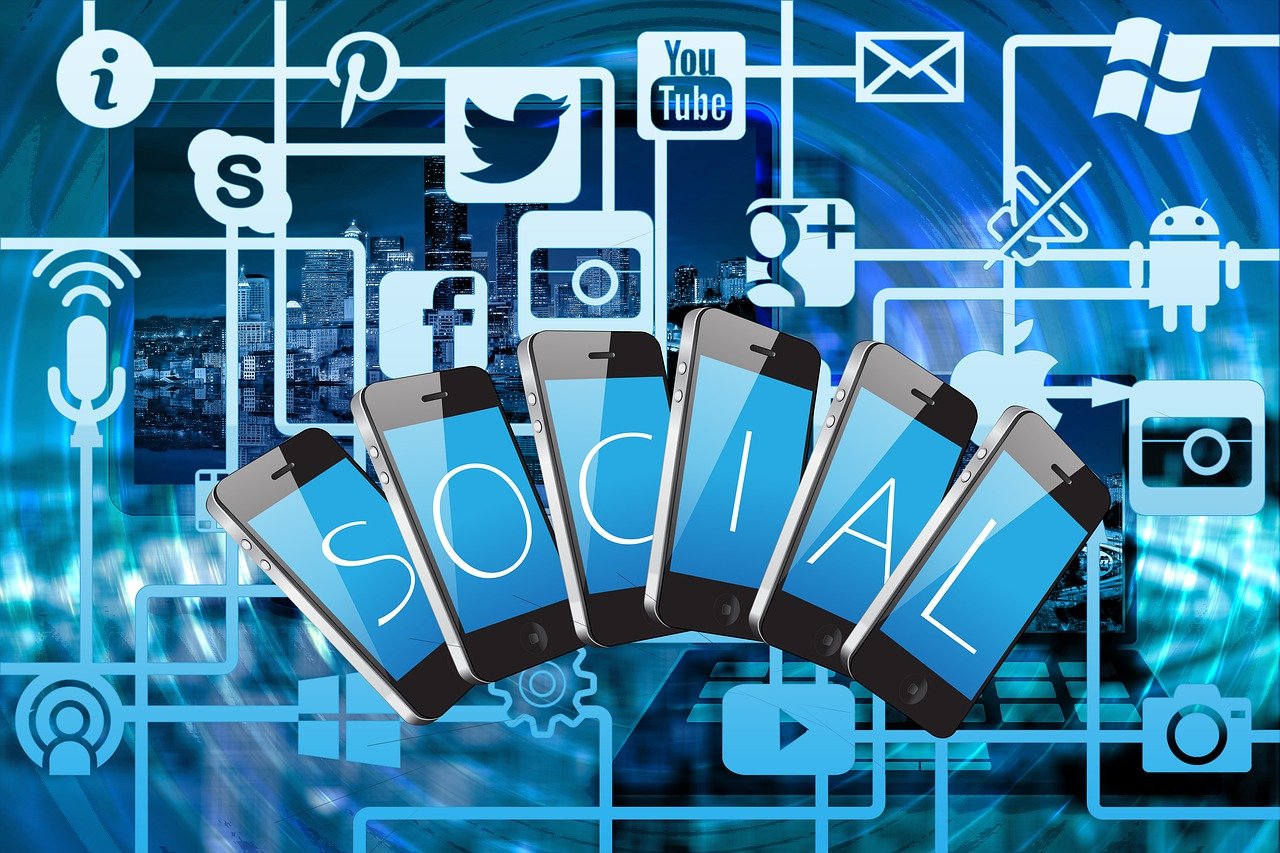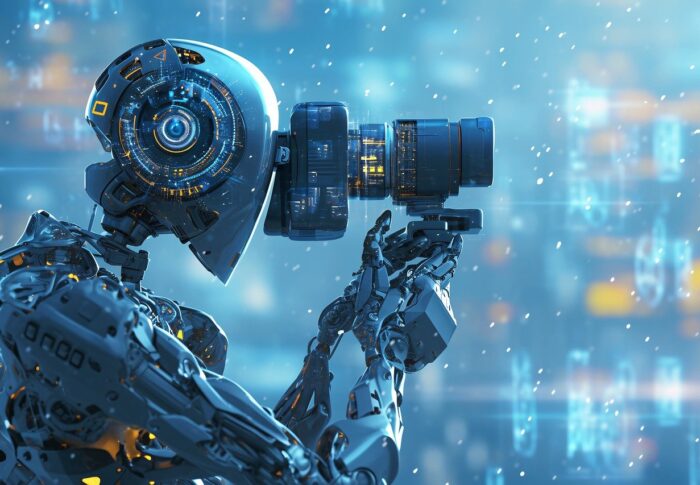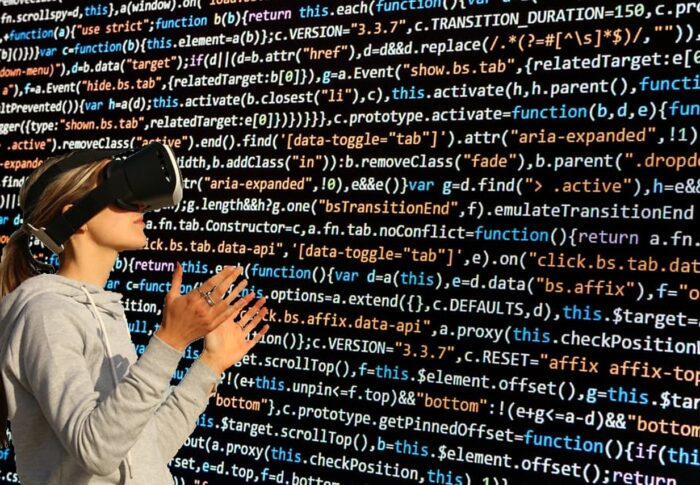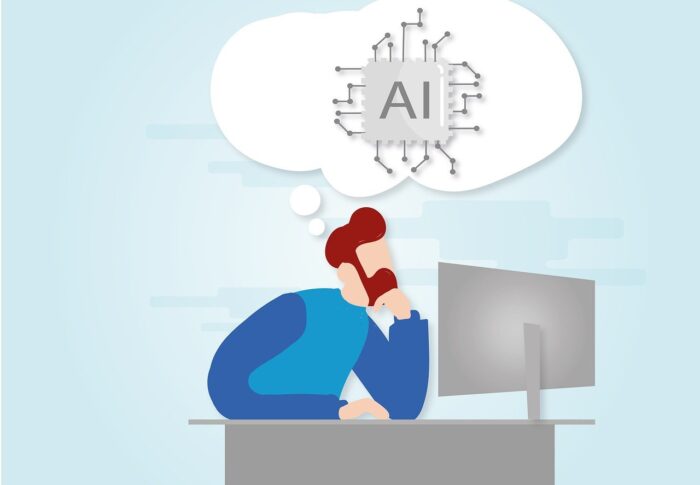
The Dystopian Nightmare of AI: How Chat GPT and Other Innovations Are Terrifying the Masses
The history of technology is full of amazing innovations that changed the world – and terrified people in the process. Remember when the lightbulb was invented? People thought they were going to burn their houses down. And don’t even get me started on the wheel. “But what if it goes too fast and we all die?!” some people probably said.
On a serious note, a trip down memory lane will help us remember some of the technological wonders that were initially met with resistance.
Back in the day, when the telephone was first introduced in the late 19th century, people were not exactly thrilled about speaking to someone over a wire. They preferred good old-fashioned in-person communication or writing letters with quills and ink. But as technology improved and became more affordable, the telephone quickly became as common as a cold in winter.
Computers were another technological marvel that people initially resisted. There were concerns about their cost, complexity, and potential impact on jobs. Some even believed that computers were a passing fad that would never catch on. But lo and behold, computers have become an essential tool for everything from personal communication and entertainment to business operations and scientific research. Nowadays, we can’t imagine life without them.
And let’s not forget about spell checking, which was introduced in the 1970s. While many people found it to be a useful tool, others worried that it would undermine literacy and make us all forget how to spell “cat.” But as spell checking technology improved and became more widely used, these concerns were put to rest. Today, spell checking is as common as avocado toast on Instagram, catching errors and improving writing like a pro.
Then came the internet and social media, causing both excitement and concern. While many people loved connecting with others online and accessing information from around the world, some were worried about the impact of these technologies on privacy, social interaction, and even democracy itself. Others were probably just upset they couldn’t play Snake on their phones anymore.
Now we’re living in the age of AI and machine learning, and once again, people are freaking out. But honestly, it’s kind of hard to blame them. Have you seen those robot dogs that can open doors? I mean, that’s cool and all, but it’s also the start of a dystopian nightmare.
One of the latest advancements in AI is the Chat GPT, which is basically like having a really smart robot friend that can talk to you about anything. But some people are worried that Chat GPT will take over their jobs. I mean, sure, it can write a pretty good email, but can it really replace the human touch of sending a bunch of emojis?
And then there’s the issue of bias. If you’ve ever used a language model like Chat GPT, you know that it’s not always the most accurate. It can get confused by slang or dialects, and sometimes it just spits out complete nonsense. But hey, at least it’s not as biased as politicians’ rants on Facebook.
All joking aside, AI language models like Chat GPT do have the potential to transform how we communicate and access information. And who knows, maybe one day we’ll even have robot assistants that can do all our chores for us. Until then, just remember – it’s always good to have a human touch, even if it comes in the form of a few typos and a silly emoji or two.




